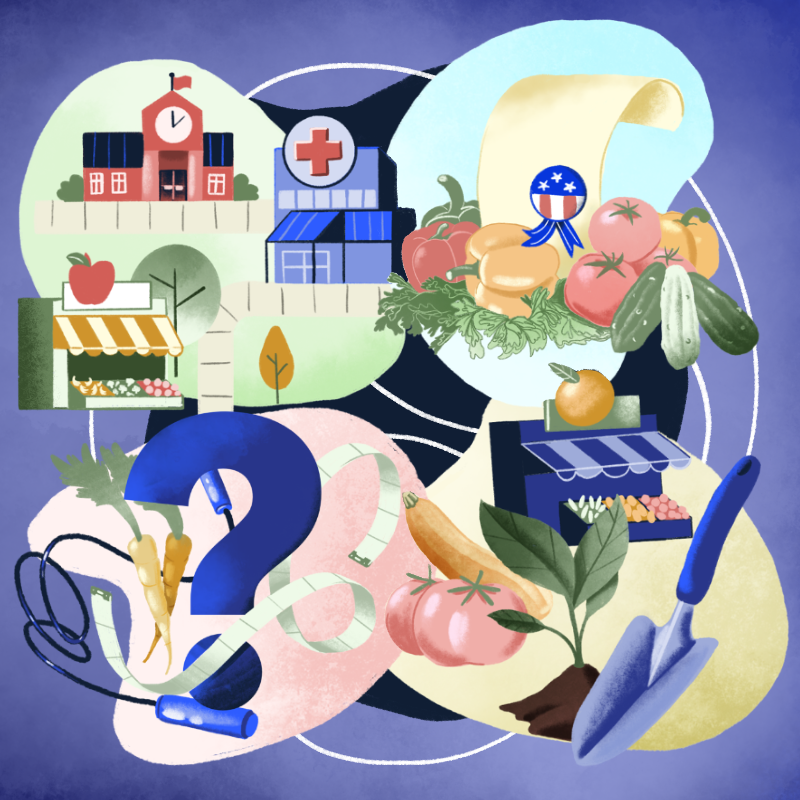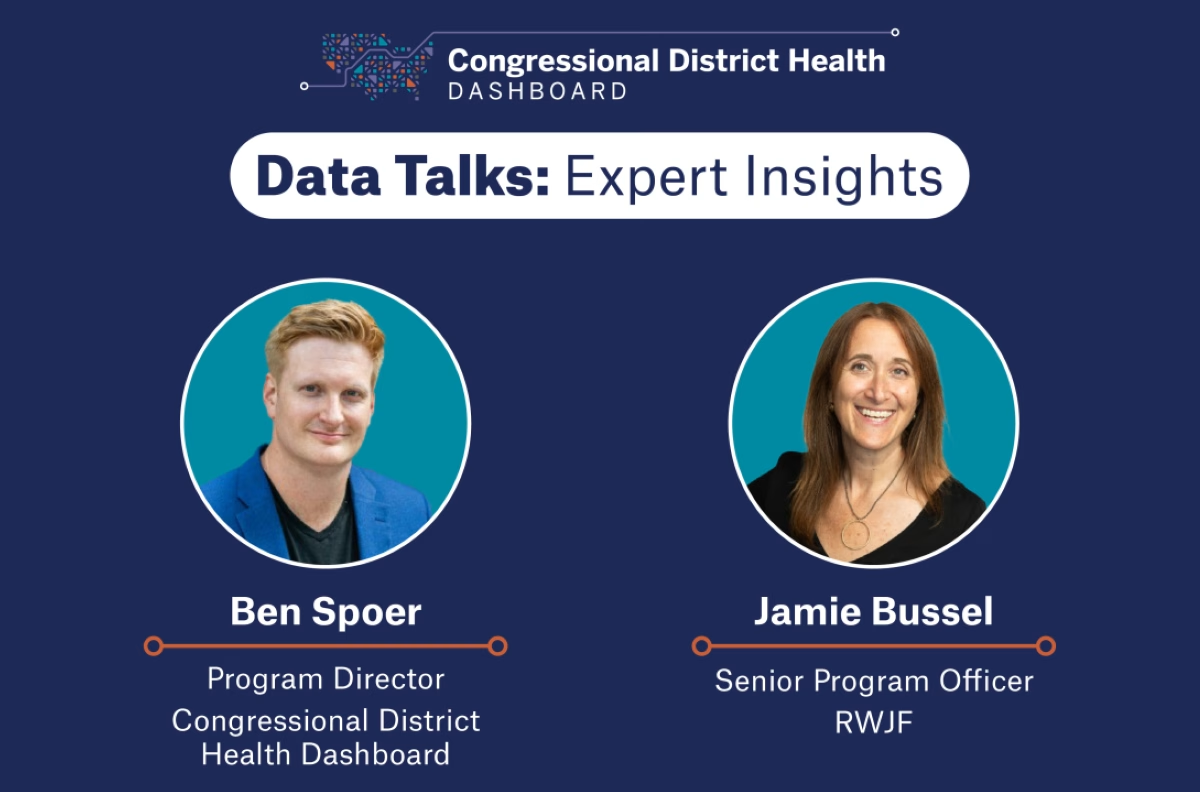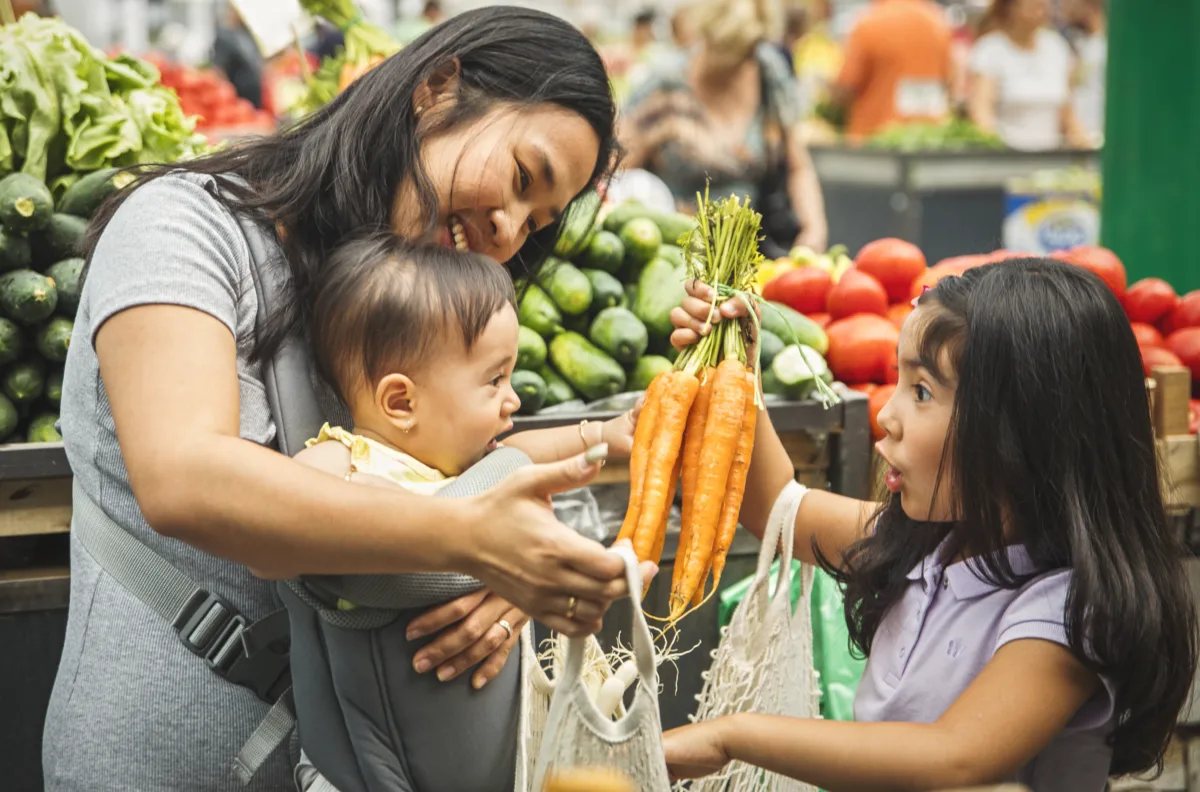For the most part, it is local farmers who can best feed our community. Local farmers have shorter distances to travel, so produce remains fresh and nutrient-rich, and buying from local farmers strengthens the local economy. So we’re working to understand their experience, and exploring possible solutions that could help them provide fruits and vegetables at an affordable price to consumers with low incomes. These are some of the questions we’re asking:
- How can we level the playing field for small farmers? We know our current food system sets small farmers up to fail, so we’re testing different policy solutions to reform the marketplace. One strategy is using food hubs or other aggregators that allow small farmers to pool their produce and sell to large buyers they otherwise couldn’t access. Another is implementing a block payment system for small farmers, which would provide them with a set amount of income each month or year through a government entity.
- What are the untapped markets for local farmers? Many families, regardless of income, depend on schools to feed their kids. And school systems have been stepping up to the challenge by providing healthy, nutritious breakfast and lunch for free. Yet school meal programs operate on razor-thin budgets, and local farmers just can’t make ends meet by selling to schools. We need local food purchasing incentives, like the ones Vermont has created, to help schools pay a fair price for locally-grown produce.
- Sugar, corn, and soybeans are all subsidized. What if we did the same for fruits and vegetables? It’s clear that production of nutrient-dense, whole foods can’t be done without subsidies. To give small farmers who are growing whole foods a fair shot, we need a subsidy program based on the goal of promoting health.
- What if we reframed the conversation about healthy foods to more explicitly include frozen produce? We tend to think of perishable foods as the healthiest option, but frozen fruits and vegetables can be just as nutritious—and provide farmers with a more feasible time frame for distributing their products.
As we work to improve food access in Vermont, one thing is clear: our country must do more to put health at the forefront of food policies.
We need to reconsider what’s driving decisions about what food we grow, how we grow it, and why we are growing it in the first place: is it for nutrition or profit? And we must work toward policy solutions that benefit our kids, our families, and our economy.
Food is a basic human right: we all need it to survive and thrive. When we begin shaping policies with this in mind, we’ll start to see meaningful progress toward a food system that not only promotes healthy foods and economic inclusion for farmers, but also benefits entire communities and future generations.



